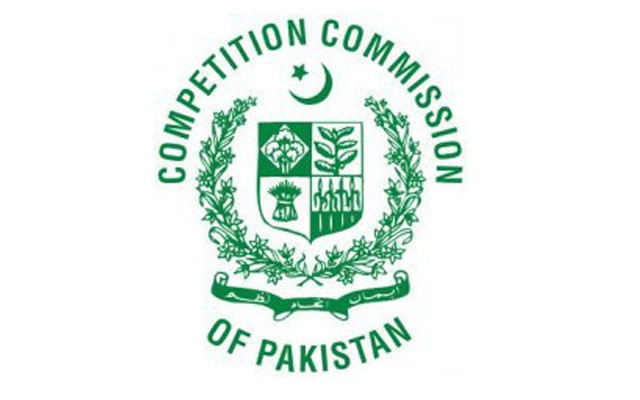The Supreme Court of Pakistan upheld the Competition Appellate Tribunal’s (CAT) order imposing a penalty of PKR 6 million on a local restaurant chain for deceiving consumers by fraudulently using “Starbucks” branding for selling its coffee, according to a press statement issued by the CCP.
Starbucks, a globally recognised chain of coffeehouses registered in the State of Washington, filed a formal complaint that the Lahore-based restaurant, Options International, was selling “Starbucks Coffee” while fraudulently using “Starbucks marks” in its branding.
The CCP’s enquiry concluded that Options International had prima facie deceived its consumers and harmed the business interests of its competitors by disseminating false and misleading information. Options admitted to the violation during the enquiry.
In its order, CCP’s bench noted that although Options had stopped using STARBUCKS MARKS and committed to complying with the Commission’s directions, the unauthorised use of STARBUCKS MARKS spanned a substantial period.
The CCP bench, besides barring M/s Options International from using STARBUCKS MARKS, imposed a penalty of PKR 5 million. Additionally, the bench directed Options International to inform the general public through newspaper advertisements for three consecutive days about its fraudulent use of STARBUCKS MARKS.
Options International filed an appeal against the CCP’s order before CAT, which dismissed the appeal and increased the penalty amount from PKR 5 million to PKR 6 million and modified the daily penalty.
Subsequently, M/s Options International filed an appeal to the Supreme Court of Pakistan against the CAT’s order, which the court dismissed.
The Supreme Court ruled that the appellant, “Options International,” put itself forward by selling its products under the international brand name Starbucks and by using its logo, which must have had the effect of distorting competition within Pakistan because a local vendor selling similar products, as those being sold by the appellant, would be at a serious disadvantage and not be able to compete therewith since the understanding public would believe, understand, or perceive the same to be the genuine products of Starbucks.
Using distorted or misleading information and trademarks for marketing products violates competition laws as it can influence consumer decisions and may prevent them from considering alternative products, the CCP said, adding that it is committed to safeguarding consumers and businesses from deceptive marketing practices through spreading awareness and strict enforcement of competition laws.




